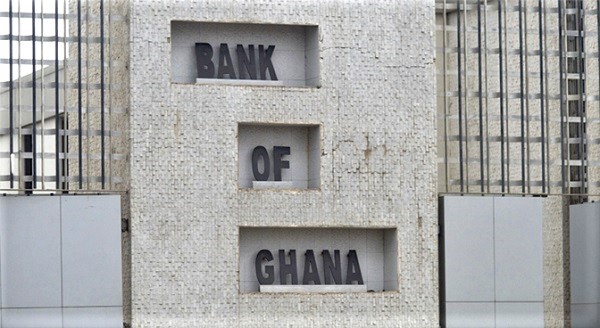The African Policy Lens (APL), a policy think tank, has issued a call for the Bank of Ghana (BoG) to immediately withdraw its recent directive suspending foreign currency cash payments to large corporations.
The group has condemned the measure as economically harmful and dangerously out of touch with business realities.
The central bank’s order, issued on Wednesday, August 20, 2025, instructs all banks to immediately halt foreign currency cash disbursements to large firms unless the transactions are backed by prior foreign cash deposits from the same institutions.
In a sstatement, the APL described the directive as "draconian" and "regressive," warning that it "risks inflicting serious harm on the Ghanaian economy." The group asserted that the move suggests the BoG is "more concerned with temporarily propping up the exchange rate rather than pursuing prudent and sustainable economic measures."
The think tank raised questions about the practicality of the order for key sectors, specifically highlighting Bulk Oil Distribution Companies (BDCs) and mining firms. "Instructing banks to discontinue the disbursement of foreign currency to critical entities... unless they lodge equivalent foreign cash deposits with their banks, reflects a lack of foresight and disregard for the operational realities of businesses and the welfare of the Ghanaian people," the APL stated.
It further challenged the BoG’s logic, asking: "do all these firms sell their products and services in foreign currency? If not, how does the BoG expect companies like the BDCs to make foreign deposits before requesting forex to import petroleum products from the international markets? Where exactly does the BoG expect these corporations to obtain such forex for deposits in the first place?"
The APL concluded that the directive "clearly demonstrates that the BoG has lost touch with its mandate," and posed a further damning question: "Is the central bank, by implication, pushing BDCs and mining companies toward transacting in the black market? If so, what becomes of the sustainability of the local currency, which this very directive claims to protect?"
Finally, the group pointed to a perceived contradiction in the BoG’s stance, noting that "if—as the Governor insists—the exchange rate is determined solely by market forces and not excessive intervention by the BoG, then the central bank has no legitimate reason to be anxious."
The statement was signed by Dr. George Domfeh, a Senior Lecturer in the Department of Economics at the University of Ghana and Head of Research at APL.
